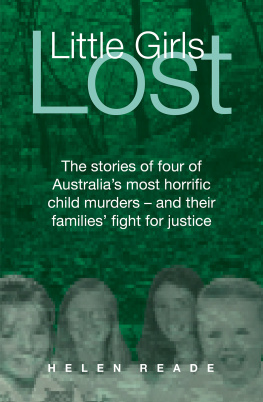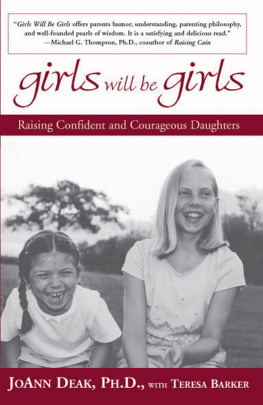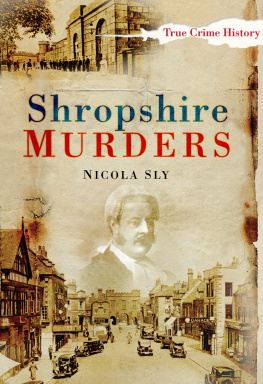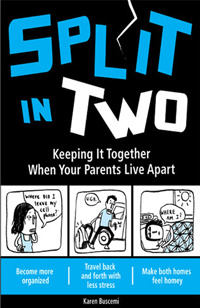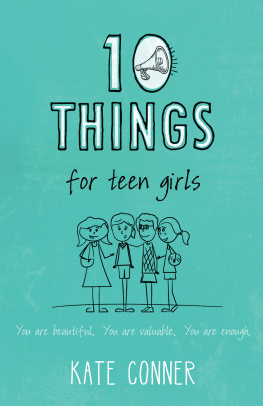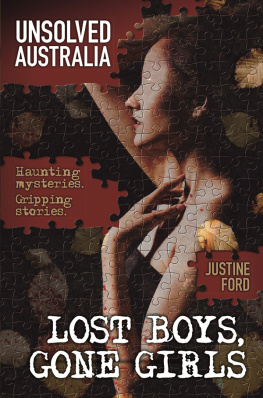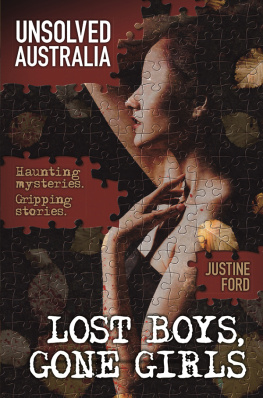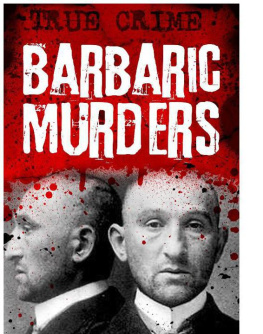Little Girls Lost
The stories of four of Australias most horrific child murders and their families fight for justice
Helen Reade
To my sons, Michael and Aaron, and to the parents of Nicole, Ebony and Nichole and Lauren, who taught me to remember that, even on the hardest days, I am able to go home and cuddle my kids
About the Author
Helen Reade is a Sydney-based journalist, radio producer and television scriptwriter who specialises in child victim awareness. She has written numerous articles on the prevention of child endangerment. Helen lives in Sydneys north-west with her two boys. This is her first book.
Acknowledgements
I would like to thank the families of Nicole Hanns, Ebony Simpson and Nichole Collins and Lauren Barry for the hours they spent with me sharing the girls lives and the terrible hours surrounding their murders: Gwen and Peter Hanns, Anthony Hanns and Cherie Hanns, Christine Simpson and Gunther Diex, Peter Simpson, Zac Simpson, Warren Simpson, Philip Simpson, Margaret and Barry Edwards, Delma and Graeme Collins, Cheryl Barry, Nathan Barry.
A special thanks to Paul B. Kidd, my agent, friend and mentor without whom this book would never have been published. And thank you to my first editor, Sarah Shrubb, for her advice and direction.
My gratitude also goes to Nichole Collinss and Lauren Barrys best friends, Sarah Darcy and Rebecca Kemble, and also to the following police for the time and resources they provided (in alphabetical order): Constable David Berry; Sergeant Shane Box; Inspector Jim Baillie; First Class Constable Whayne Day; Detective Sergeant Steve Foster; Detective Senior Constable Stewart Gray; Detective Sergeant Patrick McGarrigle; Constable Bill Morris; Detective Sergeant Joe Mura; former Yass Senior Constable Andrew ODea; Detective Sergeant Col Pateman; Detective Senior Constable Michael Porta; Detective Senior Constable Russell Sheather; and Detective Sergeant Mark Winterflood.
Thanks also to (in alphabetical order) Nellie Abela; Chris Abrahams; Grahame Abrahams; Trevor Bormann and Tracy Bowden; Howard Brown; Tom Collins; Nicholas Cowdery; Mary Cusamano; Trish and Ray Darcy; Malcolm Denning; Henk Enkhuyzen; Clive and Audrey Ford; Sandra Gallagher; Rosamari Gandarias; Mary and Bill Groves;Tamara Heffernan; Martha Jabour; Harriet Kelly; Rob Kinny; Edward Koellner; Allan Lane; Grace and Garry Lynch; Carol Marchanich; Reverend Neil Mayhew; Kevin McCann; Dianne McKissock; John Merrick; Michelle Nethercote; Chris and Neville Noble; Harry Potter; Iris Procter; Susan Robinson; Peter Ryan; Elizabeth Segreto; Carl Scully; Mara Sennett; Peter Symonds; Judith and Peter Taylor; Gillian Tulloh; Reverend Wayne Tildsley; Monica Tranter; Dr Bridget Wicken; Bud Wileman; and Professor Paul Wilson.
I would also like to acknowledge the following departments or organisations for their help and provision of resources: Five Mile Press; The State Library of NSW; Macquarie University Library; the AUSTLII database; the Hansard databases and the Parliament of Australia - Department of the Parliamentary Library internet database; Justice Action (NSW); Victims Compensation Tribunal (QLD, ACT, Tas and WA); Legal Aid (QLD); The Forensic Sampling Team (Vic); and Department of Public Prosecutions (NT).
And, finally, I would like to thank my family and friends, for reading endless drafts, believing in me and giving me the support to make this book happen.
Foreword
Little Girls Lost is a book about one of the most despicable crimes the sexual violation and murder of children. Yet, in a grim paradox, it is also about exceptional achievement.
It is difficult to imagine what it would be like to lose a loved one to homicide. But, it is almost impossible to imagine what it would be like if that loved one were a child your little girl and that the perpetrator had taken not only her life, but also violated her sexually. For most of us, our closest connection to such an event is when we hear of it via the media, and we can only shake our heads and count our blessings that it didnt happen to us.
So what of the families whose child has been taken? Today there are people to turn to: support groups, families who have had a similar experience and counsellors to listen. But it wasnt always like this, and if it werent for the work of the grieving families, and others, in this book, help for those left after a homicide would still be rudimentary.
When Helen presented me with the manuscript of Little Girls Lost and asked whether I would represent her in my capacity as a literary agent, I was hesitant at first, given the nature of the project. But, after I had read the manuscript, I realised that this wasnt just another true crime expos quite the contrary. In recounting the details of the murders, the torture of the families existence after them and their determination to change the rules in favour of homicide victims, Helen tells it from the heart with a compassion that I find extraordinary. Little Girls Lost is meticulously researched, and nothing has been spared in search of the truth, but there is no sensationalism at the expense of the families or the memory of their loved ones.
Little Girls Lost is a benchmark in true crime writing in Australia. It is a very important book.
Paul B. Kidd
Sydney
March 2003
Introduction
What value do you place on a life? To some Australian families, the death of a loved one to homicide is the catalyst for a crusade to improve the legal and judicial system for those who will follow in their footsteps. This book tells the stories of four such families.
In 1974, after her five-year-old daughter Nicole was stabbed to death by an intruder, Gwen Hanns embarked on a mission to comfort other families in similar circumstances and to keep the killer of her daughter behind bars for as long as possible. Along the way, Gwen brought about major changes in child sex offender legislation and played a part in the establishment of a national paedophile database.
Then, in 1992, who could forget the anguished faces of Christine and Peter Simpson as they prayed for the safe return of their nine-year-old daughter, Ebony, who had been abducted as she walked home from the school bus at Bargo, New South Wales? They would never see her alive again. Confronted with a lack of community support after their daughters murder, the Simpsons helped to establish the Homicide Victims Support Group (HVSG). This organisation has brought about monumental legislative changes that have made life easier for families left after the murder of a loved one.
In October 1997, two Bega schoolgirls, Lauren Barry and Nichole Collins, disappeared while camping with their friends. Their bodies were found five and a half weeks later. In the wake of the murders, the Barry and Collins families instigated much-needed amendments in existing legislation that deals with the counselling of relatives and friends of the deceased and speedier compensation for families of victims.
Join these four families as they remember their daughters deaths and the way in which they were treated by society and the police, judicial and government systems in their fight for justice. Read about the inadequacies of the law of those times, the families mistreatment by some, the kindness of others and the fortitude with which they still face each day. Then, ask yourself, what would you expect from the legal system, the media and community if it were your child?
I have dealt with the story of Ebony Simpson first, because it was her parents, with Grace and Garry Lynch, whose daughter, Anita Cobby, was murdered in February 1986, who initiated the network that paved the way for the later efforts of many others, including Gwen Hanns and the Barry and Collins families, to be recognised. The story of the 1974 murder of Nicole Hanns follows, then finally I have dealt with the murders in 1997 of the two Bega schoolgirls, Nichole Collins and Lauren Barry. The final section of the book reviews the main legislative changes brought about by the combined efforts of these and other families. The impact of the reformed laws is explored in the context of the question whether they have gone far enough. Is there more that can be done?

